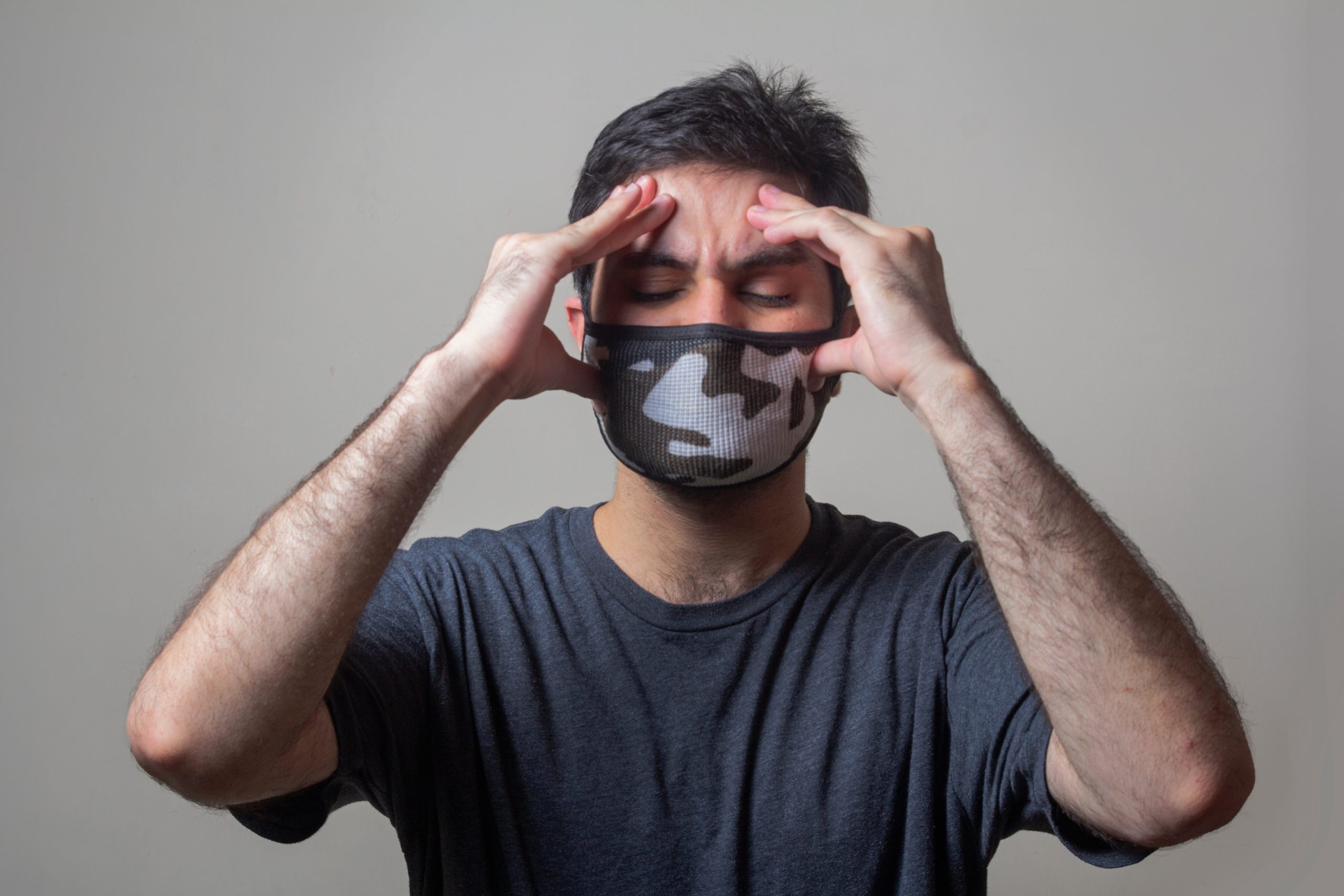Introduction
Are you experiencing a headache that just won’t go away? Do you feel like it’s more than just a minor inconvenience, but rather something serious? If so, it’s important to understand the signs and symptoms of a serious headache. Headaches can be caused by many things, including stress, dehydration, or an underlying medical condition. In this blog post, we’ll explore the different types of headaches and what their symptoms may indicate. So buckle up and get ready to learn everything you need to know about identifying when your headache is something more significant!
What are the signs and symptoms of a serious headache?
One of the most common signs of a serious headache is pain that is severe or lasts for more than a few hours. Other signs that your headache may be serious include:
– Pain that is worse when you lie down or bend over
– Pain that wakes you up from sleep
– Nausea or vomiting
– Blurred vision
– Sensitivity to light, sound, or smells
– Difficulty speaking or understanding others
– Weakness or numbness in your arms or legs
– Loss of balance or coordination
If you experience any of these signs along with your headache, it is important to see a doctor right away.
When to see a doctor
If you experience any of the following symptoms, it is important to see a doctor as soon as possible:
– A headache that is unusually severe
– A headache that is accompanied by a fever, stiff neck, or vomiting
– A headache that gets worse over time
– A headache that wakes you up from sleep
– A headache that is accompanied by visual disturbances, such as flashes of light or blind spots
– A headache that is accompanied by numbness or weakness in your arms or legs
Treatments for a serious headache
There are many potential treatments for a serious headache, and the best course of action will vary depending on the underlying cause. For example, if a serious headache is caused by tension or stress, relaxation techniques such as yoga or meditation may be helpful. If a serious headache is caused by a migraine, over-the-counter or prescription medications may be necessary to relieve the pain. If a serious headache is caused by an infection, antibiotics may be required. In some cases, surgery may be necessary to treat a serious headache.
Prevention
The best way to avoid a serious headache is to know the signs and symptoms and to take action early. Some simple tips include:
-Staying hydrated by drinking plenty of water throughout the day
-Eating a balanced diet and avoiding triggers like caffeine, alcohol, or processed foods
-Managing stress with relaxation techniques like yoga or meditation
-Exercising regularly to maintain good blood flow
-Seeing a doctor if you experience regular or intense headaches
Conclusion
In conclusion, it is important to be aware of the signs and symptoms of a serious headache so that you can seek medical attention if necessary. If you experience any of the signs or symptoms outlined in this article, make sure to see your doctor as soon as possible. By doing so, you may be able to avoid long-term complications or even death caused by untreated headaches.




